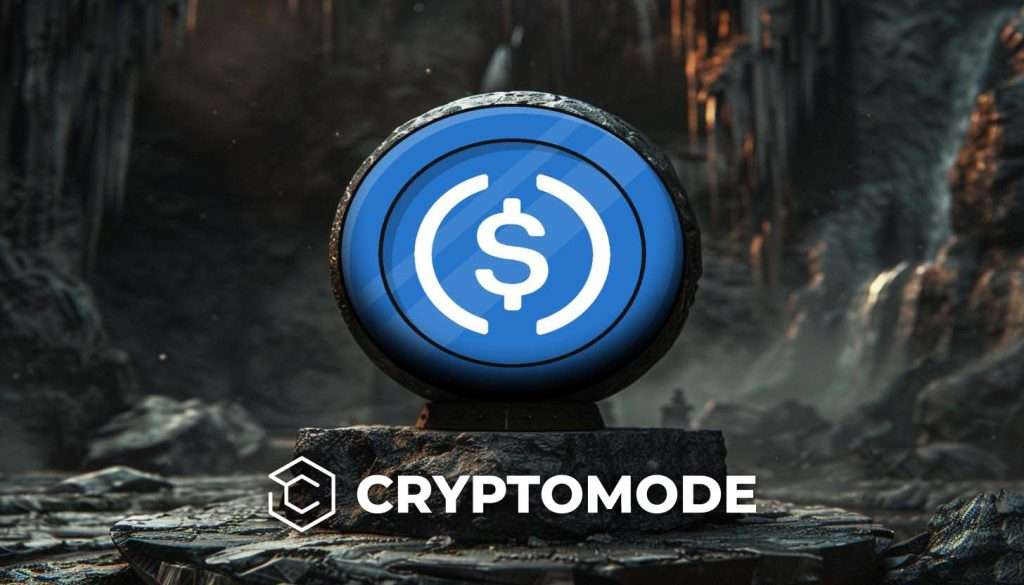Sony Electronics Singapore is now accepting payments in USD Coin (USDC) on its online store, following an integration with crypto exchange Crypto.com, the companies announced.
The move positions the Japanese tech giant’s Singapore subsidiary among a growing number of major retailers experimenting with crypto payments. For customers, the checkout experience remains largely the same—except they now have the option to pay using the dollar-pegged stablecoin.
Chin Tah Ang, Crypto.com’s Singapore general manager, said the partnership helps bring crypto spending into the mainstream, particularly by teaming up with a “forward-thinking” brand like Sony Electronics Singapore.
“This payment integration will not only benefit our users by giving them another way to utilise their crypto in the real world, but we believe adding a new and streamlined crypto payment method will also broaden SES’ customer base,” Crypto.com’s Singapore general manager added.
The announcement adds to a flurry of crypto developments in Singapore, especially around stablecoins. In February, Metro, a department store chain, enabled stablecoin payments for its customers.
At the institutional level, Crypto.com recently joined forces with Deutsche Bank late last year to streamline corporate banking across the Asia-Pacific region, including Singapore.
USDC’s Growing Adoption
The second-largest stablecoin by market capitalization has been growing exponentially, nearly doubling the amount of tokens in circulation over the past year.
That growth partly comes from Circle’s effort to promote the adoption of the cryptocurrency, making it compliant in a number of jurisdictions. It even became the first token to become compliant in Japan and Dubai.
The growth comes as the company behind the stablecoin, Circle, plans to go public through an initial public offering (IPO), with a recent filing revealing that the firm has made more than $1.7 billion through the Treasuries and other cash equivalents backing USDC.
The firm has also moved to bolster the USDC ecosystem with the acquisition of Hashnote, a real-world asset manager with more than $1.5 billion at the time of the acquisition.



